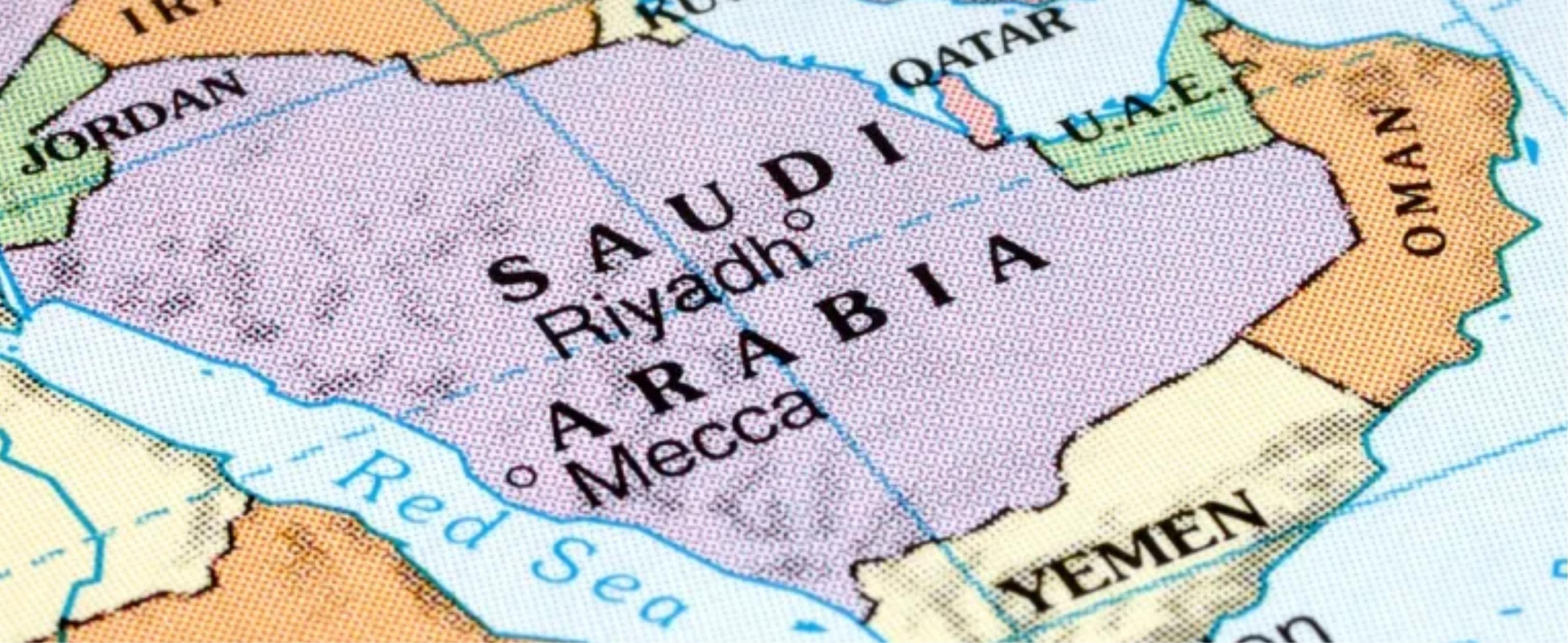Saudi Arabia and UAE Vie for Middle East AI Supremacy

Driving Economic Diversification
Both Saudi Arabia and the UAE aim to reduce their reliance on oil revenues. They view AI as a crucial catalyst for economic growth, according to the Gulf Studies Symposium.Saudi Arabia's Vision 2030 strategy explicitly identifies AI as essential for its economic transformation, with 70% of its strategic objectives tied to data and AI, as stated by officials from the Saudi Data and AI Authority.The UAE has been proactive, even appointing a dedicated Minister of State for AI in 2017 and establishing the Mohamed bin Zayed University of Artificial Intelligence (MBZUAI). This university is now expanding its reach by opening an AI lab in Silicon Valley.While the UAE initially seemed to have an advantage due to its early and assertive AI strategy, Saudi Arabia has significantly ramped up its efforts with substantial investments and state-backed initiatives.
Saudi Arabia's AI Commitments
Here are some major AI-related commitments made by or in Saudi Arabia year-to-date, coinciding with President Trump’s visit in May:Humain, a state-backed AI company under the Public Investment Fund (PIF), plans to launch a $10 billion venture capital fund.Google Cloud and PIF are jointly investing $10 billion to build and operate an AI hub in Saudi Arabia.AWS and Humain announced a joint $5 billion investment to create an "AI Zone" in the kingdom, aiming to boost demand for advanced AI services. This is in addition to a prior $5.3 billion commitment to develop Saudi Arabia as a new AWS region. Oracle announced a $14 billion investment over 10 years in Saudi Arabia's digital cloud and AI infrastructure.Equinix is reportedly investing $1 billion in a new data center to meet the growing demand for cloud, AI, and enterprise workloads.
UAE's Extensive AI Investments
The UAE is also making substantial AI investments:
It launched MGX, an investment firm focused on AI, backed by state-owned Mubadala and AI development holding company G42. MGX aims to invest $100 billion in AI infrastructure, chips, and core AI technologies. MGX is also an investor in Stargate, OpenAI's $500 million data center project.
Stargate UAE is a proposed AI data center hub from OpenAI, G42, Oracle, Nvidia, and SoftBank. It plans to build a 1-gigawatt data center cluster, with 200 megawatts expected to be operational by 2026.
Abu Dhabi is investing $3.54 billion to automate all its government processes through the Abu Dhabi Government Digital Strategy for 2025 to 2027.
This rivalry between Saudi Arabia and the UAE is unfolding amidst the broader AI competition between the U.S. and China. The U.S. aims to keep Persian Gulf nations reliant on American technology. In a diplomatic move, Trump lifted Biden’s chip restrictions on the region.
The Race for Compute Power
AI supremacy heavily relies on computational power, which necessitates large, energy-intensive data centers. Both Saudi Arabia and the UAE are rushing to build these at scale.As of early 2025, Saudi Arabia had an existing data center capacity of over 300 megawatts, comparable to the UAE's over 250 megawatts, according to ResearchAndMarkets.com. However, Saudi Arabia significantly surpasses the UAE in planned future projects, with 2,200 megawatts of upcoming capacity compared to the UAE's expected 500 megawatts.The International Institute of Strategic Studies (IISS) notes that AI preparedness varies considerably across the Middle East. Israel leads, followed by the UAE and Saudi Arabia. Qatar, Oman, and Bahrain follow, with other countries lagging significantly.
Overcoming Challenges
The ability of a country to leverage AI's potential is partly dependent on the availability of data centers, which are critical for meeting AI's immense computational and data storage demands, as noted by Laith Alajlouni and Jasim Murad of IISS. The Middle East possesses two key resources for data centers: energy and capital. With approximately $5 trillion in sovereign wealth, Gulf states have the financial means to become major players in AI and data centers.Despite substantial capital and chip flows, both nations face significant challenges. Neither has yet developed a frontier AI model comparable to OpenAI’s GPT-4 or China’s DeepSeek. Additionally, skilled AI talent remains scarce. While sovereign wealth and low energy costs offer advantages, establishing a mature innovation ecosystem will take time.
Nevertheless, it’s clear that the global AI race is no longer confined to Silicon Valley or Shenzhen; Riyadh and Abu Dhabi are increasingly shaping its future.






































































EgyptInnovate site is not responsible for the content of the comments